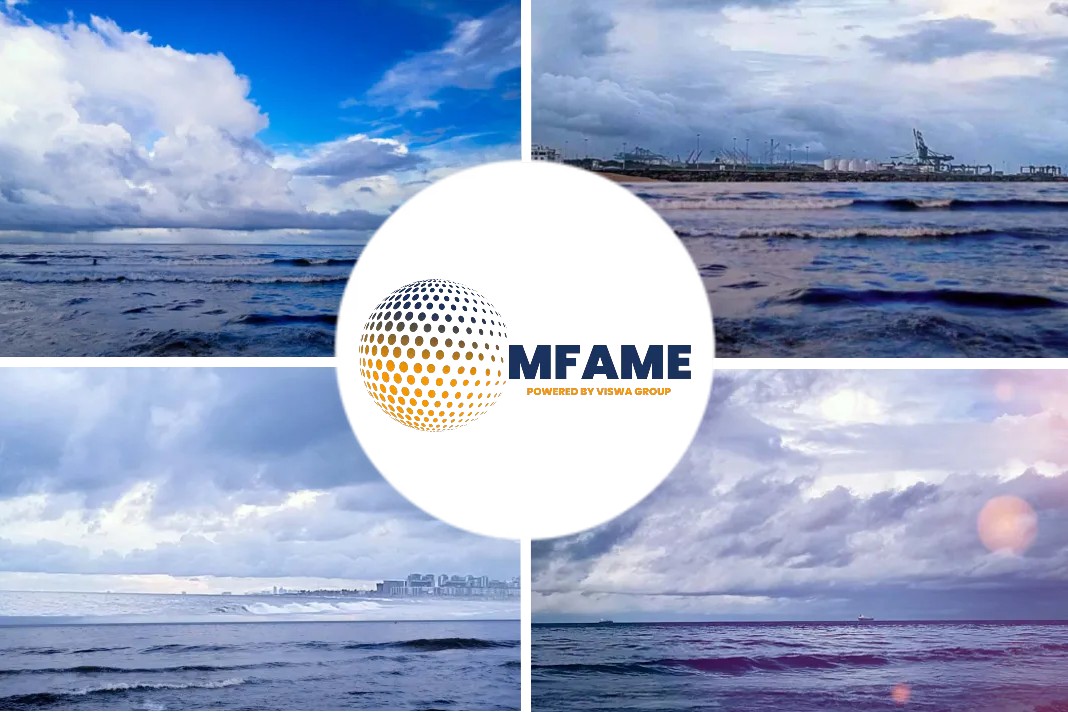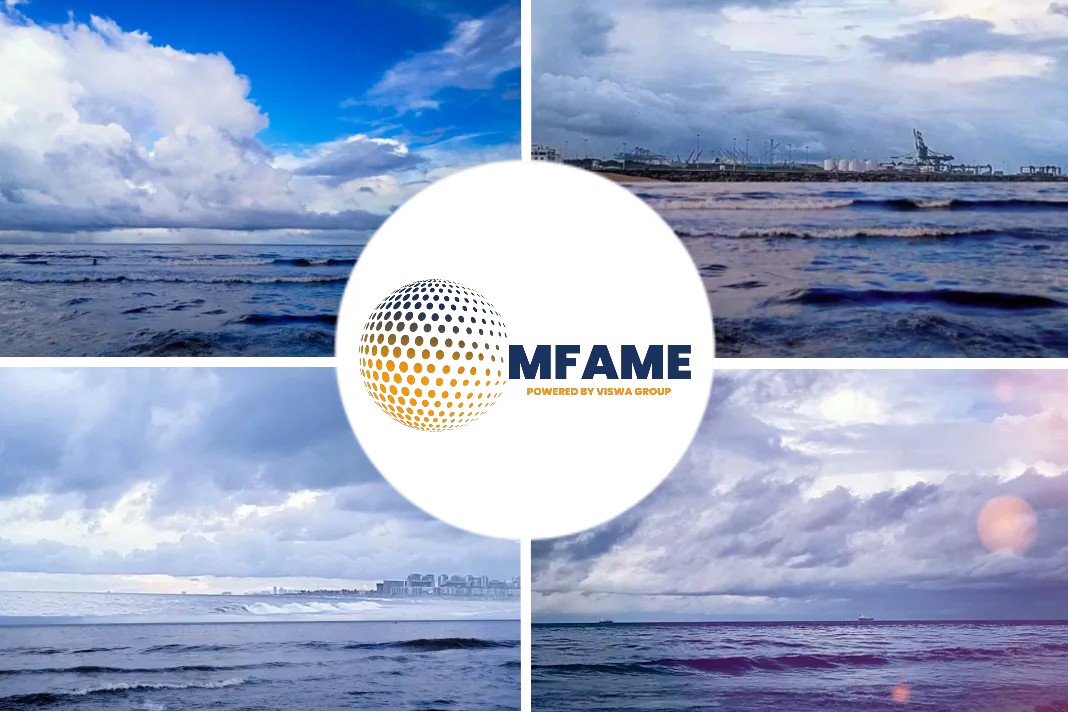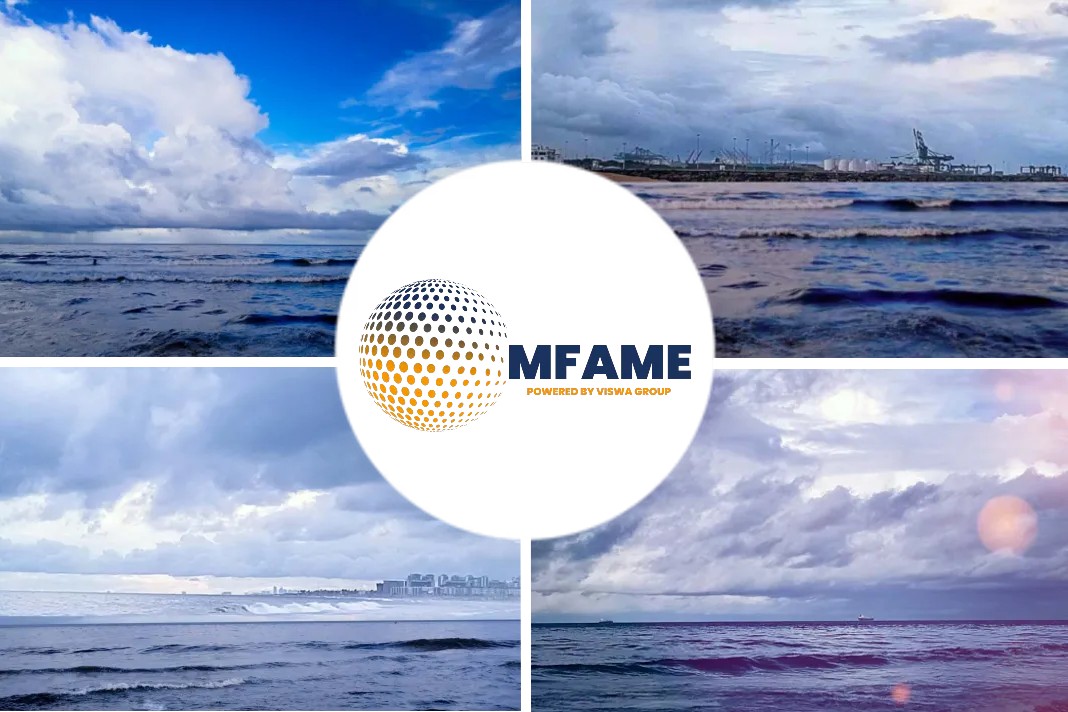- 2019 is expected to be a challenging year for tanker markets as charter rates remain suppressed and the market fails to see any significant momentum ahead.
- Growth in seaborne oil demand is expected to be impacted by the recently announced OPEC-led production cuts and geopolitical uncertainty continues to cloud future energy demand.
- LNG spot rates reached a multi-year peak in late 2018, the sustainability of such rates remains uncertain in 2019.
- Heavy Engineering segment is not expecting further deferment by ship owners for dry-docking activities in view of the forthcoming implementation of new rules by the IMO.
According to an article published in New Strait Times, MISC Bhd sees 2019 to be another challenging year for tanker markets as charter rates remain suppressed and the market fails to see any significant momentum ahead.
Weak market conditions
Describing the market as somewhat weak, particularly for the very large crude carriers (VLCC) players, MISC president and group chief executive officer Yee Yang Chien said oil production levels have to increase for charter rates to go up.
Seaborne oil impacted by OPEC cuts
He said growth in seaborne oil demand is expected to be impacted by the recently announced Organization of the Petroleum Exporting Countries (OPEC)-led production cuts and geopolitical uncertainty continues to cloud future energy demand.
“However, over the longer term, growth in tonne-miles driven by higher exports from the Atlantic region to Asia suggests a more robust outlook in charter rates. The liquefied natural gas (LNG) segment is expected to continue to benefit from the market strength seen in 2018 going into 2019, supported by demand growth in Asia, and from additional supply from new liquefaction projects and slower LNG fleet growth in 2019,” he said in a media briefing today.
LNG spot rates
Yee said while the LNG spot rates reached a multi-year peak in late 2018, the sustainability of such rates remains uncertain in 2019.
Nevertheless, the existing portfolio of long term charters that are in place will underwrite a steady performance for MISC’s LNG shipping unit into the next financial year.
Yee highlighted that the offshore segment continues to be supported by healthy activities in oil and gas exploration and production.
“An increasing number of floating production system contract awards are forthcoming in the next few years and MISC’s offshore business unit will be actively pursuing these opportunities. The two new assets added in 2018 will provide a source of income growth and support the financial performance for the unit in 2019,” said Yee.
Heavy Engineering segment remains unchanged
However, the Heavy Engineering segment is not expecting further deferment by ship owners for dry-docking activities in the coming year in view of the forthcoming implementation of new rules by the International Maritime Organisation (IMO).
“In 2018, the segment had secured a number of long term offshore fabrication frame agreements which are on a call-out basis. These are expected to contribute positively to the segment’s revenue in 2019 and beyond. The Heavy Engineering segment remains committed to replenishing its order book and efforts to ensure the competitiveness of ongoing and future bids remains a priority,” he added.
Did you subscribe to our daily newsletter?
It’s Free! Click here to Subscribe!
Source: NST





















